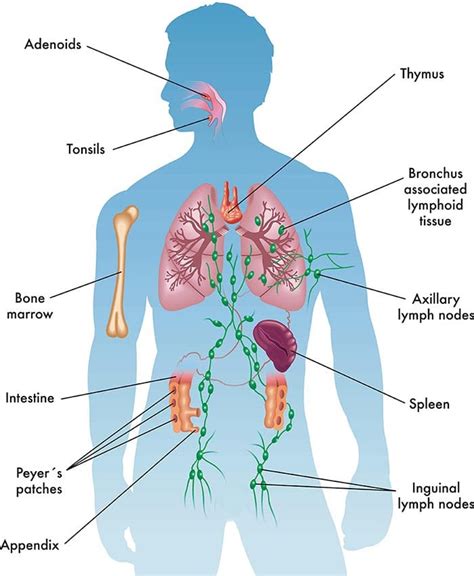Introduction

Proper pet nutrition plays a pivotal role in fostering a robust immune system, protecting pets from infections and diseases. Understanding the connection between the two is crucial for pet owners seeking to optimize their furry friends’ well-being.
Immune System Overview
The immune system, a complex network of cells, tissues, and organs, safeguards pets against disease by identifying and eliminating pathogens like bacteria, viruses, and parasites. It operates through two primary mechanisms:
- Innate immunity: Present at birth, it provides immediate, non-specific protection through physical barriers (e.g., skin, mucous membranes) and inflammatory responses.
- Adaptive immunity: Develops over time through exposure to antigens, generating highly specialized immune cells (e.g., antibodies) that target specific pathogens.
Pet Nutrition and Immune Function
A well-balanced diet is essential for optimal immune function. Key nutrients include:
- Proteins: Building blocks of immune cells, antibodies, and enzymes crucial for immune responses.
- Fats: Source of fatty acids that modulate immune responses and support cell membrane integrity.
- Carbohydrates: Provide energy for immune cells and maintain glucose levels during an immune response.
- Vitamins: Act as antioxidants, protecting immune cells from damage, and support immune cell function.
- Minerals: Essential for immune cell activation and regulation.
Specific Nutrients and Immune Health
Certain nutrients have been identified for their significant role in immune function:
- Vitamin A: Supports immune cell development and function, particularly in mucous membranes.
- Vitamin C: A potent antioxidant that protects immune cells from damage and enhances antibody production.
- Vitamin E: Another antioxidant that protects immune cells and reduces inflammation.
- Zinc: Essential for immune cell activation and differentiation.
- Selenium: Supports antibody production and immune cell function.
Nutritional Deficiencies and Immune Compromise
Deficiencies in essential nutrients can weaken the immune system, increasing the risk of infections:
- Protein deficiency: Impairs immune cell production and function, leading to increased susceptibility to infections.
- Vitamin A deficiency: Can lead to impaired immune cell development and function, particularly in the respiratory tract.
- Zinc deficiency: Reduces immune cell activity and antibody production, increasing susceptibility to infections.
Age and Immune Function
As pets age, their immune systems naturally decline, making them more susceptible to infections. Nutritional support becomes increasingly important during the senior years to maintain immune function.
Diet Recommendations for Optimal Immune Health
Pet owners can support their pets’ immune systems through:
- High-quality diet: Choose a commercially available pet food formulated for the specific age and health status of your pet. Look for brands that use real, whole ingredients and minimize additives.
- Fresh water: Provide access to plenty of fresh water to ensure hydration and support immune cell function.
- Supplements: Consult with a veterinarian before adding any supplements to your pet’s diet. Some supplements, such as probiotics and prebiotics, may support immune health.
Common Mistakes to Avoid
- Overfeeding: Excess weight can suppress immune function.
- Unbalanced diet: Feeding a diet lacking essential nutrients can compromise immune health.
- Poor hygiene: Maintaining a clean environment is crucial for preventing infections.
Conclusion
Pet nutrition is intricately linked to immune function. By providing a well-balanced diet rich in essential nutrients, pet owners can empower their furry friends with a robust immune system that protects them from infections and diseases, ensuring a healthy and fulfilling life.





















